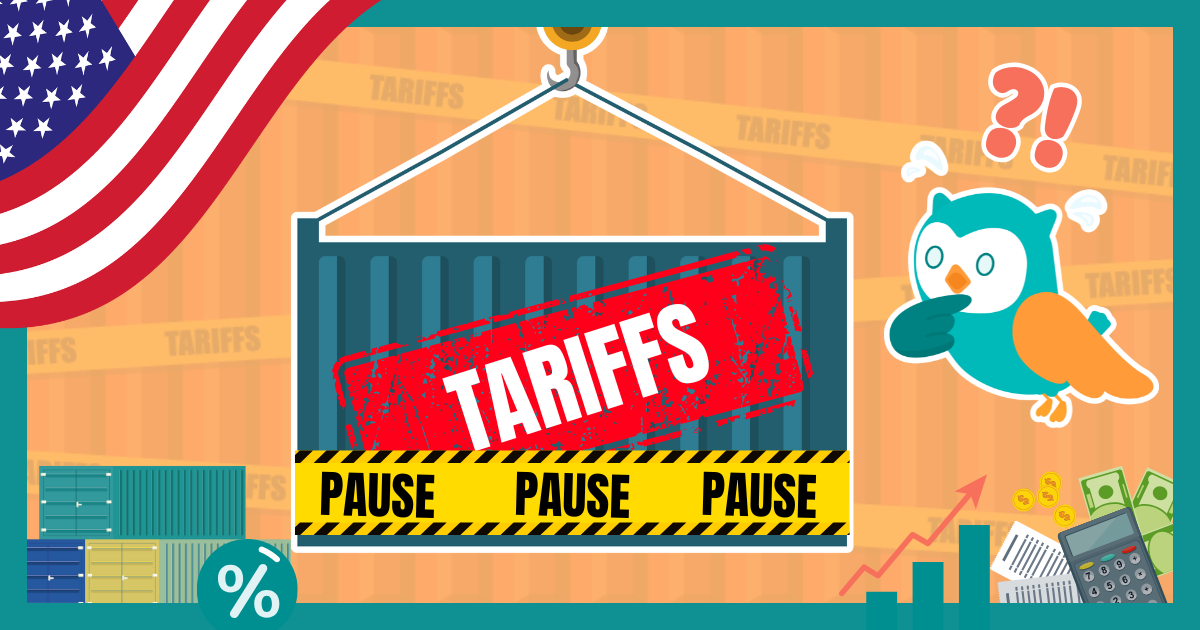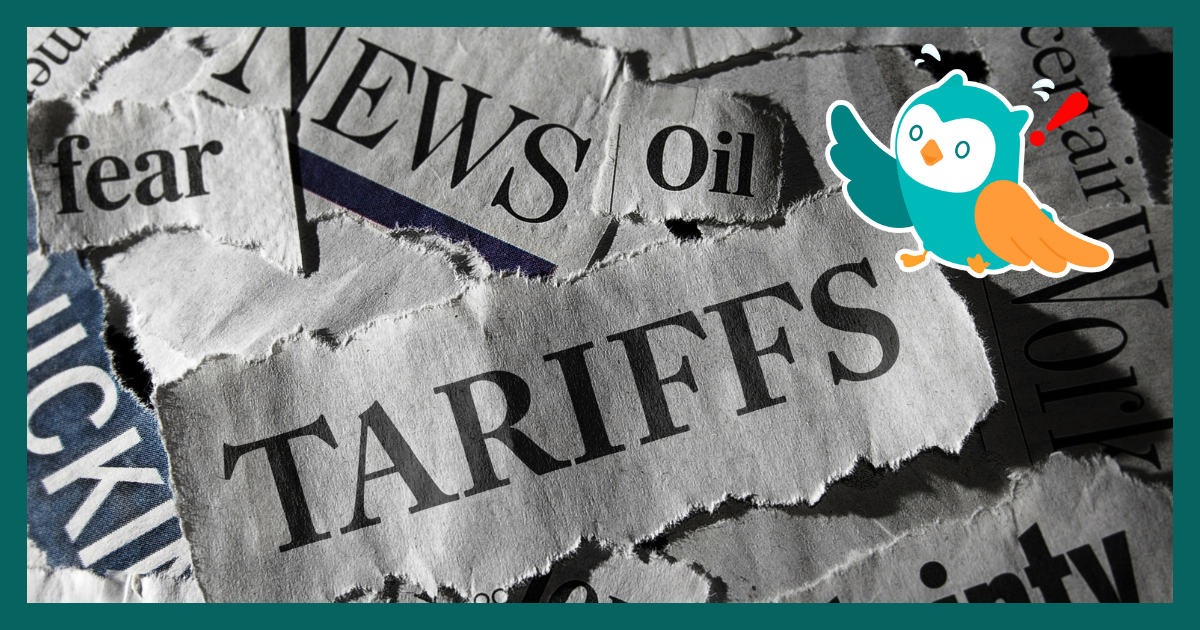Note: It was announced in November 2023 that MoneyOwl will be acquired by Temasek Trust to serve communities under a re-purposed model, and will move away from direct sale of financial products. The article is retained with original information relevant as at the date of the article only, and any mention of products or promotions is retained for reference purposes only.
______________
It’s been a bleak week with dropping equity prices, surging inflation rates and continued Covid restrictions.
In a holiday-shortened week (due to Good Friday), global equities posted negative results with the S&P 500 falling 2.1% and MSCI World declining 1.7%, while MoneyOwl’s 100% Equity portfolio fell by 1.4%. Fixed Income assets declined 0.64% (Bloomberg Global Agg Bond Index) as the US 10-Year yield rose 12bps to 2.83%.
Unfortunately, there was no good news coming out during the week and asset prices were mostly pressured by:
- The hot inflation environment,
- Continued expectations of an aggressive Federal Reserve in tightening monetary policies,
- The ongoing war in Ukraine and,
- Uncertainty of the global economic impact due to lockdowns in China.
Surging Inflation in the US and at home in Singapore
The gap has widened again between actual inflation of 8.5% in the US (the highest since 1981) and the 2.0% figure that the US Federal Reserve (Fed) tries to maintain as its target rate necessary to foster sustainable economic growth. This trend of an elevated inflation does not support hopes of a “softer” federal reserve and investors’ expectations of an aggressive Fed in tightening the world’s biggest economy monetary policies continue.
On Thursday, the Monetary Authority of Singapore (MAS) further tightened monetary settings and raised its inflation forecast, sending the SGD higher, as it seeks to fight cost pressures that threaten the recovery from the pandemic. The latest annual inflation rate was at 4.3% in February 2022, the highest reading since February 2013.
European Central Bank (ECB) and the War in Ukraine
Last week’s ECB meeting left its benchmark interest rate and parameters of its bond-buying operation unchanged. The ongoing war in Ukraine remained a key drain on the conviction of adjusting Europe’s monetary policies, after several failed rounds of ceasefire talks and last week’s new sanctions on Russia from the US and European Union. ECB President Christine Lagarde warned that the war in Ukraine has increased the risks of near-term inflation.
Russia appointed a new war commander as it refocused its war effort in Ukraine’s east, having failed to secure territory around Kyiv. Austrian Chancellor Karl Nehammer plans to meet President Vladimir Putin on Monday, two days after visiting Kyiv. The impact of the war will shrink Ukraine’s economy by 45% this year, while Russia’s will contract by 11%, according to World Bank’s projections.
China Travel Plans
China is defending its virus measures after the US encouraged Americans to reconsider travelling to China. The State Department recommended avoiding virus hotspots, including Shanghai, due to what it calls an “arbitrary enforcement” of Covid restrictions; and allowed non-emergency employees and their family members to leave its Shanghai consulate.
China’s central bank, the People’s Bank of China (PBoC) said on Friday it would cut the amount of cash that banks must hold as reserves for the first time this year. The cut in required reserve is expected to boost the long-term funds for banks, enabling them to step up support for industries and firms affected by Covid-19 outbreaks. However, PBoC kept its benchmark interest rate unchanged for a third straight month, citing the reason of “keeping banking system liquidity reasonable ample”.
Read more Market Insights here.
Disclaimer: While every reasonable care is taken to ensure the accuracy of information provided, no responsibility can be accepted for any loss or inconvenience caused by any error or omission. The information and opinions expressed herein are made in good faith and are based on sources believed to be reliable but no representation or warranty, express or implied, is made as to their accuracy, completeness or correctness. Expressions of opinions or estimates should neither be relied upon nor used in any way as an indication of the future performance of any financial products, as prices of assets and currencies may go down as well as up and past performance should not be taken as an indication of future performance. The author and publisher shall have no liability for any loss or expense whatsoever relating to investment decisions made by the reader.




